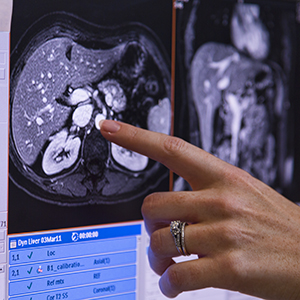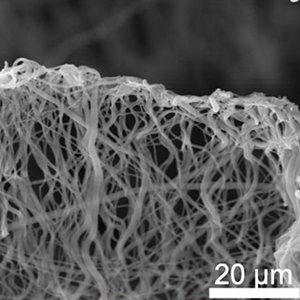Description
New microtubule targeted compounds allow imaging, treatment of cancer
UNMC researchers have developed compounds that are capable of not only imaging and monitoring tumors, but treating them as well.
The new compounds specifically bind to protein-based structures called microtubules. Microtubules play a critical role in a number of cellular functions, and are a key target for treating a variety of cancers.
UNMC’s compounds selectively target microtubules. The compounds can be safely labeled with various radioactive atoms that allow the compounds to be used for imaging (SPECT or PET) and therapy. When used without the radioactive isotopes, the compounds can help kill cancer cells and make them more susceptible to radiation therapy.
Microtubule-targeted compounds labeled with iodine-131 were tested in a mouse model of glioblastoma. Treatment with the compound significantly reduced tumor size and weight. Additional studies will look at the use of other radionuclides such as astatine-211.
To discuss sponsored research and licensing opportunities contact Lisa Carlson, Ph.D., at lisa.jorgenson@unmc.edu or 402-315-0543.












